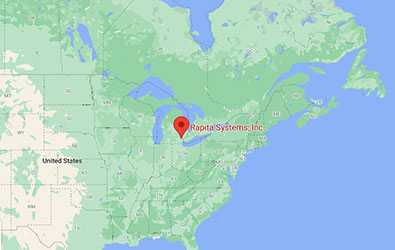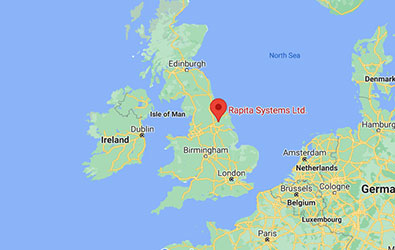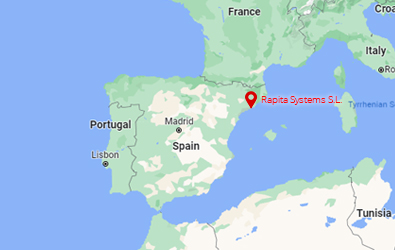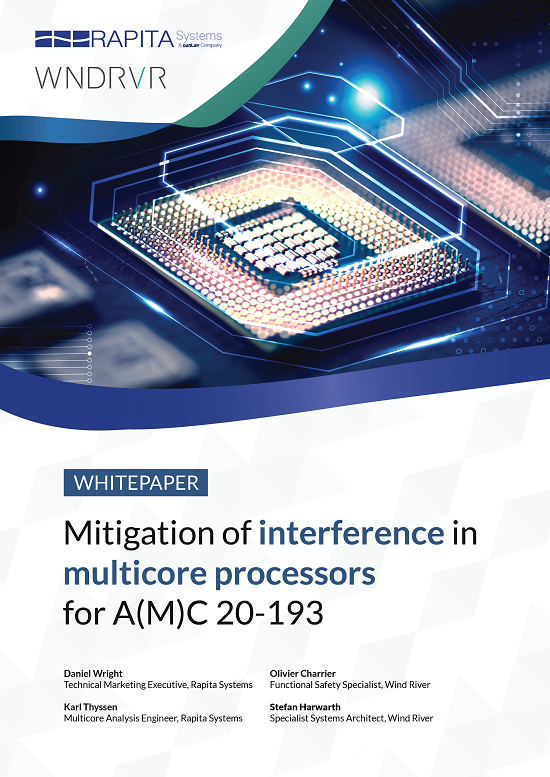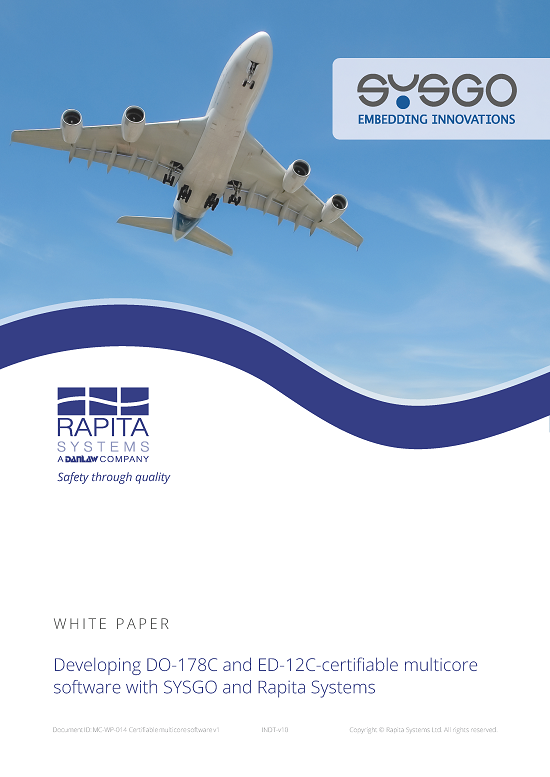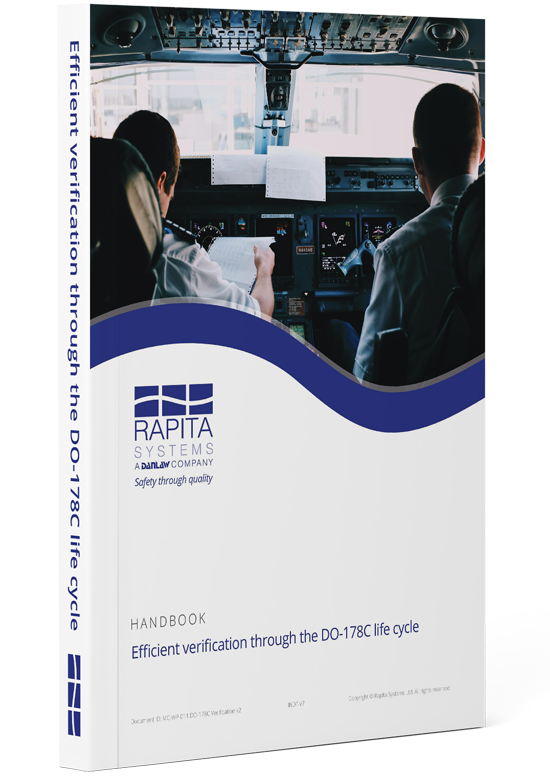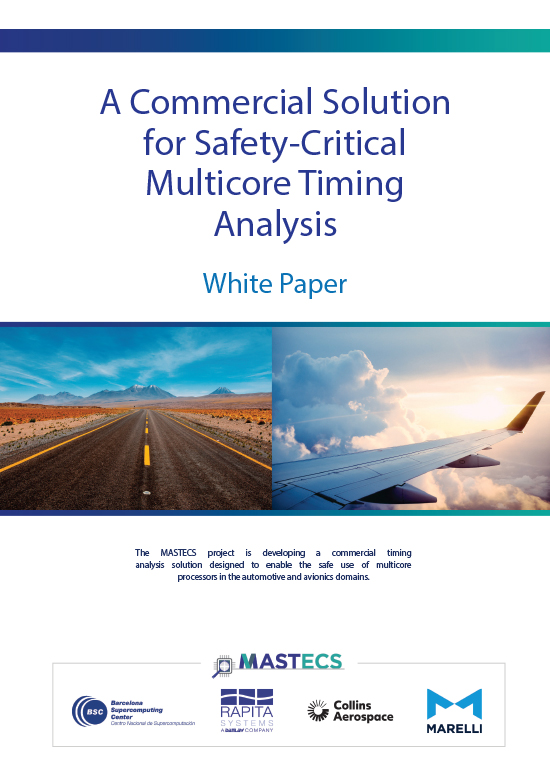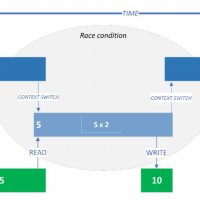As anyone working with safety-critical software knows, testing is a costly process. DO-178 and ISO 26262 guidelines set standards for software quality assurance that require significant effort to meet. In the avionics software industry, it has been estimated that over 50% of the cost of overall development is spent on testing!
How much of this cost could be avoided if test requirements were written in a computer-parseable language so that tests can be generated automatically from them?
In January 2016 we partnered with Altran UK, Rolls-Royce and the Universty of Oxford to answer just that. In the 15-month NATEP-funded AUTOSAC project, we aimed to AUTOmate the generation of tests from Spark Ada Contracts.
During the project, we used SPARK pre- and post-conditions to define requirements. These replace typical natural-language requirements while, critically, remaining separate from the code itself. Here's an example requirement for a function that calculates the square root of a postive integer:
function Integer_Sqrt (P : Positive) return Positive
with Pre => P > 0,
Post => (Integer_Sqrt'Result + 1) * (Integer_Sqrt'Result + 1) > M
and then (Integer_Sqrt'Result * Integer_Sqrt'Result) <= M;
We used requirements like this example to generate tests for real-world Ada code that can replace tests written manually. Using RapiTest, test generation was integrated into the workflow so tests could be easily generated, executed and reviewed. Also, by using the code coverage measurement and reporting capabilities of RapiCover, test results were reported clearly, allowing project partners to quickly identify coverage holes and potential problems in the requirements and implementation of the code.
Using the process in a real-world case study, we demonstrated that it produced robust tests and reduced the time and effort needed to test requirements, while still being independent of the code under test. You can find more information on the project in the final report.
Looking ahead, we will continue to work with Rolls-Royce, Altran, and the University of Oxford to develop automated test-generation solutions that reduce the time and cost of safety-critical software development. This development will take place in future research projects such as SECT-AIR, case-studies, and through direct commercial involvement.
If you would like to receive updates on RapiTest, make sure you are signed up to our mailing list.

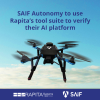 SAIF Autonomy to use RVS to verify their groundbreaking AI platform
SAIF Autonomy to use RVS to verify their groundbreaking AI platform
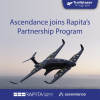 Hybrid electric pioneers, Ascendance, join Rapita Systems Trailblazer Partnership Program
Hybrid electric pioneers, Ascendance, join Rapita Systems Trailblazer Partnership Program
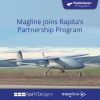 Magline joins Rapita Trailblazer Partnership Program to support DO-178 Certification
Magline joins Rapita Trailblazer Partnership Program to support DO-178 Certification
 How to certify multicore processors - what is everyone asking?
How to certify multicore processors - what is everyone asking?
 Data Coupling Basics in DO-178C
Data Coupling Basics in DO-178C
 Control Coupling Basics in DO-178C
Control Coupling Basics in DO-178C
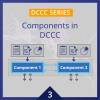 Components in Data Coupling and Control Coupling
Components in Data Coupling and Control Coupling
 DO-278A Guidance: Introduction to RTCA DO-278 approval
DO-278A Guidance: Introduction to RTCA DO-278 approval
 ISO 26262
ISO 26262
 Data Coupling & Control Coupling
Data Coupling & Control Coupling
 Verifying additional code for DO-178C
Verifying additional code for DO-178C
 DO-178C Multicore In-person Training (Bristol)
DO-178C Multicore In-person Training (Bristol)
 XPONENTIAL 2025
XPONENTIAL 2025
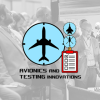 Avionics and Testing Innovations 2025
Avionics and Testing Innovations 2025
 DO-178C Multicore In-person Training (Fort Worth, TX)
DO-178C Multicore In-person Training (Fort Worth, TX)










